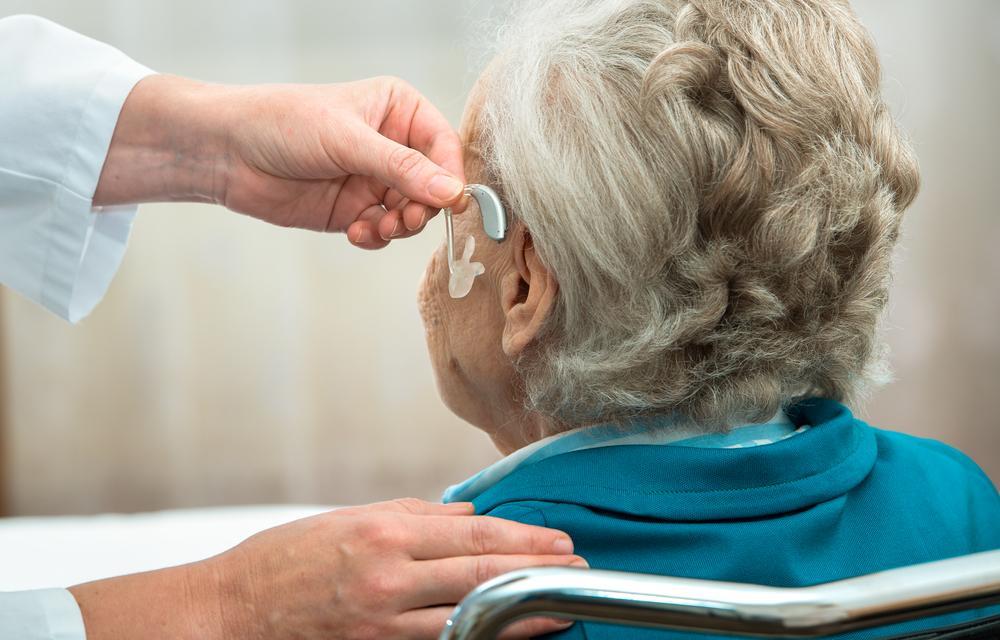Degrees Of Hearing Loss
To effectively tackle hearing loss, one must first know the level of damage that has occurred, as the impact of hearing loss differs for every individual. While assessing your condition, your healthcare provider will conduct a hearing test which will help him or her measure the amount of hearing loss.

These hearing threshold levels are measured in decibels, which are projected on chart known as an audiogram. The degrees of hearing loss are bifurcated as follows.
No damage – If you can comfortably listen to sounds ranging from 0 to 25 decibels then you have no possible hearing loss.
Mild – If you have mild hearing damage then you might face difficulties while interpreting speech in loud environments. Here your hearing threshold lies between 25 to 40 decibels, where you can comfortably understand speech in a silent setting.
Moderate – Someone having a moderate threshold cannot listen to sounds lower than 40 to 70 decibels. Such hearing loss can considerably impact a person’s life as they might not be able to listen to speech and regular sounds.
Severe – A person who is dealing with severe hearing loss cannot understand sounds lower than 70 to 90 decibels. Not only regular conversations but super loud noises cannot be comprehended by the person. Such patients often require hearing aids with stronger amplification and need to learn some basic sign language as well.
Profound – People suffering from profound hearing loss may not be able to listen to sounds with hearing aids. They cannot listen to sounds falling below 91 decibels. They require learning a sign language or get cochlear implants to restore hearing.
After your level of loss is determined by your doctor, they will suggest certain types of hearing aids and therapy treatments to improve your listening abilities. There are various types of hearing aids like CIC (completely in the canal), ITE (in the ear), BTE (behind the ear), and RIC (receiver in the canal). Depending on the nature of your case, your doctor will prescribe you the best possible alternative.
If you are dealing with severe or profound hearing loss then you might be advised to opt for a surgery as well.
Tags – types of hearing loss











